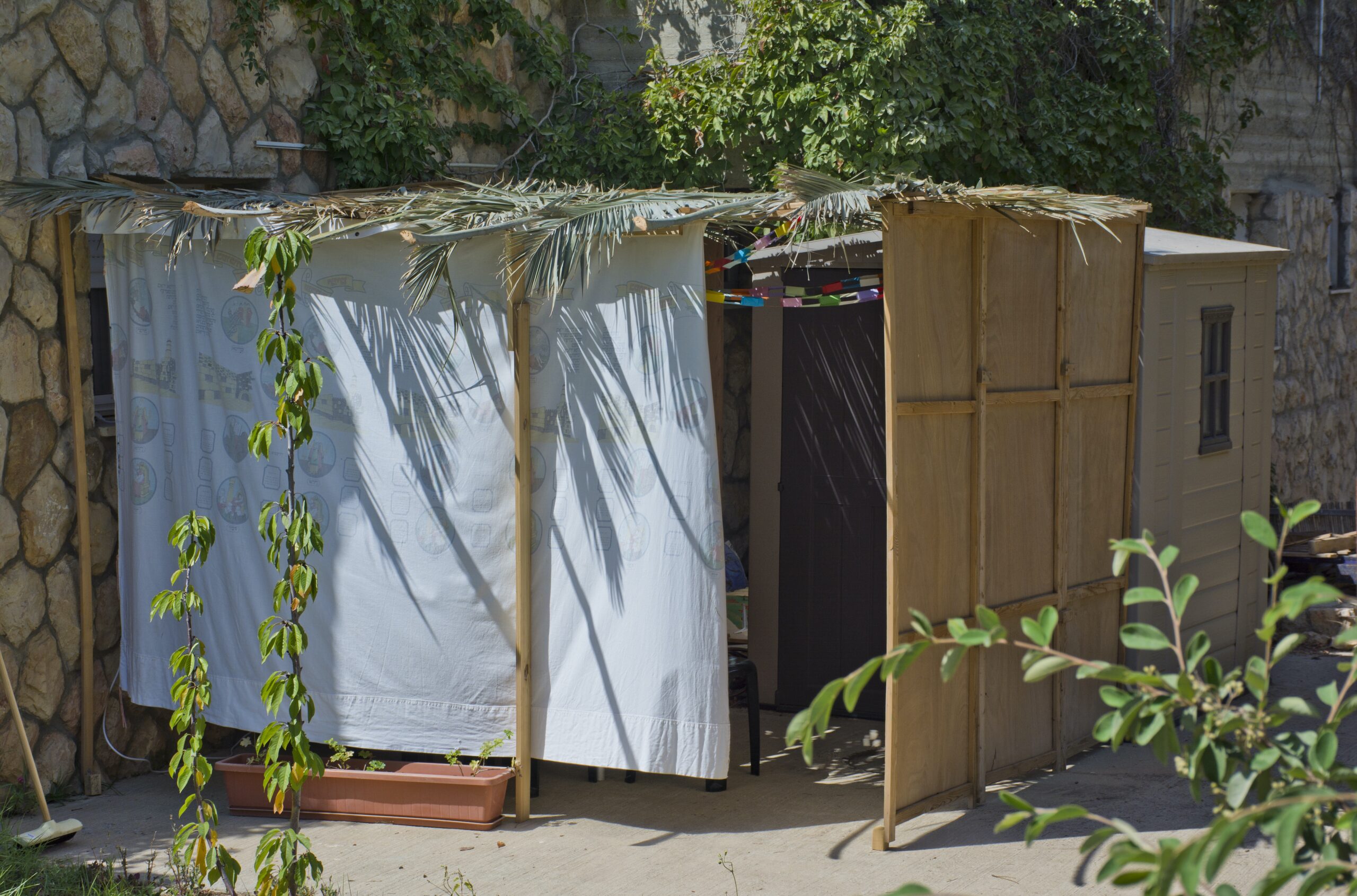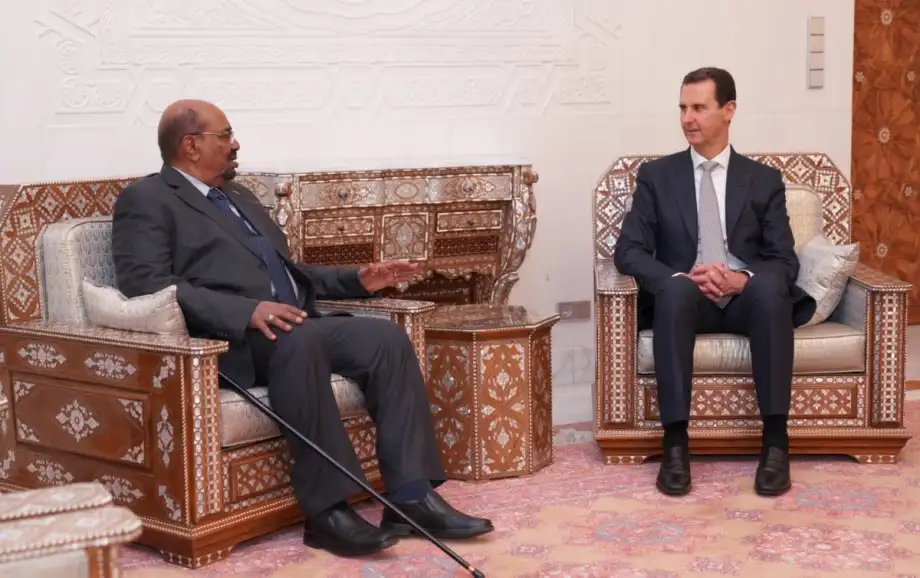On Friday 13 June, Israel launched a series of attacks against Iran’s nuclear and military infrastructure to prevent Iran from acquiring nuclear weapons. Iran, which launched the ongoing war against Israel on 7 October 2023 via proxy terrorist groups Hamas, Islamic Jihad, Hezbollah and Huthi, is now also fighting this war at home.
Israel used fighter jets, as well as drones previously smuggled into the country, to attack key facilities and kill senior generals and scientists in the nuclear sector.
The attack came a day after the UN Atomic Energy Agency (IAEA) condemned Iran for the first time in 20 years for refusing to cooperate with inspectors. According to a confidential IAEA report released at the end of May, Iran has increased its stockpile of enriched uranium to levels close to nuclear weapons capability. In a separate report, the IAEA called on Iran to immediately change course and cooperate with the long-running investigation into its nuclear programme.
In April, US President Donald Trump announced that he was opening direct talks with Iran on its nuclear programme. Iran was given 60 days to reach an agreement. Israel’s attack was carried out one day after the deadline.
The attacks killed at least 20 high-ranking Iranian commanders, such as Revolutionary Guard Commander Hossein Salami, Defence Chief Mohammad Bagheri, Gholam Ali Rashid, head of the Iranian Revolutionary Guard conglomerate of some 800 companies, Ali Shamkhani, close ally of Iran’s Supreme Leader Ayatollah Khamenei, Brigadier General Amir Ali Hajizadeh, who led the air strikes against Israel in the past, and Ismail Ghaani, commander of the Iranian Revolutionary Guard’s Qud Force.
Iran’s foreign armies
Gholam Ali Rashid told the Iranian Mehr news agency in September 2021 that three months before US forces killed him in 2020, Qassem Soleimani, the former commander of the Quds Force, had revealed that he had organised six armies outside Iranian territory.
He described how these armies were outside Iran and that their mission was to defend Tehran against any attack, Al-Arabiya, an Arabic-language news channel based in the United Arab Emirates, wrote.
Soleimani described these armies as Hezbollah, Hamas and Islamic Jihad movements, Assad’s forces in Syria, the Iraqi Popular Mobilisation Forces and the Houthi militia in Yemen, He stressed that these forces represent a deterrent to Iran.
Interior Minister Ahmad Vahidi replaced Hossein Salami as head of the terror-linked Revolutionary Guard. Interpol, at Argentina’s request, issued an international arrest warrant for Ahmad Vahidi last year after Argentina’s Supreme Court ruled that Iran was behind the 1994 bombing of a Jewish cultural centre in Buenos Aires.
Nine nuclear scientists and the commander of the Space Force were killed in the Israeli attacks that began on 13 June.
Stop Iran’s nuclear programme
Prime Minister Benjamin Netanyahu announced that he had ordered an attack on Iran as early as November 2024 to stop its nuclear and missile programmes. According to him, the threat to Israel had become so acute that it had to act – even without US support.
– ‘If we don’t attack, it is 100% certain that we will die,’ Netanyahu said in a video message after the massive Israeli attack on 13 June 2025.
The nuclear facilities in Isfahan, Natanz and Fordo were partly destroyed by the attacks.
Iran responded by launching hundreds of drones and several waves of ballistic missiles. Some missiles hit central and northern Israel and by the morning of 16 June had killed at least 23 people and injured over 600.
According to Israel’s National Security Advisor Tzachi Hanegbi, Israel’s goal is to destroy Iran’s nuclear programme, destroy ballistic missile capabilities, neutralise Iran’s ground attack capabilities and create the conditions for a diplomatic disarmament agreement.
He emphasised that Israeli military means alone cannot eliminate Iran’s nuclear threat – only diplomacy can force Iran to voluntarily renounce.
The Israeli attack marks a dramatic escalation as both sides prepare for further attacks.
Israel’s pre-emptive strike against Iran, “Operation Rising Lion”, is named after a verse from Balaam’s prophecy in Numbers 23:24, where he was sent to curse Israel but blessed it instead. The verse describes how Israel rises like a lion to face its enemies. Prime Minister Benjamin Netanyahu placed a prayer card with this Bible verse between the stones of the Western Wall in Jerusalem just hours before the attack.


